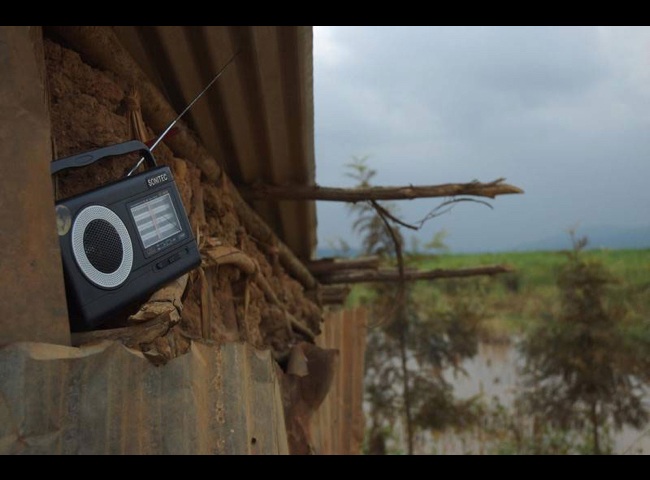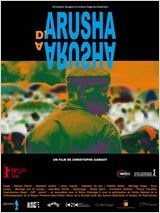D'Arusha à Arusha
-
Réalisé par Christophe Gargot • Écrit par Christophe Gargot
-
France • 2008 • 115 minutes • HDCam • Couleur
- Réalisation :
Christophe Gargot - Écriture :
Christophe Gargot - Image :
Samuel Dravet, Samuel Dravet - Son :
Frédéric Salles, Frédéric Salles - Montage :
Anne Lacour, Anne Lacour
- Production (structure) :
Atopic - Coproduction :
ONF France - Office national du film du Canada, Amers - Participation :
Cinémage, CNC, Région Provence-Alpes-Côte d'Azur, Scam - Brouillon d'un rêve - Ayant droit :
Atopic
- N° ISAN :
ISAN 0000-0005-17AB-0000-E-0000-0000-W
Résumé
Au lendemain de la Seconde Guerre mondiale, s'ouvre à Nüremberg le procès des dirigeants nazis. Il préfigure l'avènement de la justice pénal international. Depuis novembre 1994, à Arusha (capitale de la Tanzanie), le Tribunal Pénal International pour le Rwanda (TPIR) est chargé par les Nations Unies de juger les responsables du génocide rwandais. Devant une communauté internationale aphone, celui-ci fît quelque mois plus tôt, d'avril à juin 1994, près d'un million de victimes, principalement Tutsis. Comment la justice internationale s'exerce-t-elle au delà de ses fondements politiques ? Qu'est-ce que juger à l'aune d'une conscience universelle ? S'appuyant sur les propres archives du Tribunal Pénal International pour le Rwanda, le film D'Arusha à Arusha met en scène le fonctionnement d'une diplomatie judiciaire.
Just back from shooting (in Rwanda and Mali via Tanzania), the director will present his work in progress together with his Chief Cameraman, Samuel Dravet, and Sound Engineer, Frédéric Salle. Fifty years after the Nuremberg Trials, in Arusha, Tanzania the International Criminal Tribunal for Rwanda (ICTR) has been set up with the task of trying those responsible for the heinous crimes committed in Rwanda in 1994, in particular the Tutsi genocide, which led to the death of more than a million people in three months.
Against the backdrop of the lack of recognition of the International Criminal Court and all the major world powers and in the absence of a review of the activities of the International Courts, how is it possible to clarify and inform people about the responsibilities and workings of a justice system whose inception and accessibility seem to be the sole reserve of experts? In order to address this Gargot has attempted to create a film using a unique and exceptional resource: the images of trials in progress, audiovisual archives shown and compiled by the ICTR itself for the collective memory of posterity.
Mot(s)-clé(s) thématique(s)
À propos du film
Sélections et distinctions
- 2010 • Visions du réel • Nyon (Suisse) • Sélection Investigations
- 2008 • FIDMarseille - Festival International de Cinéma de Marseille • Marseille (France) • Prix Georges de Beauregard National
Comment avoir accès au film ?
- Sortie en salle
-
Édition DVD
- Il n'existe pas d'édition DVD à notre connaissance
-
Accès VOD
- Il n'existe pas d'accès en VOD à notre connaissance
- Diffusion non commerciale / Consultation



